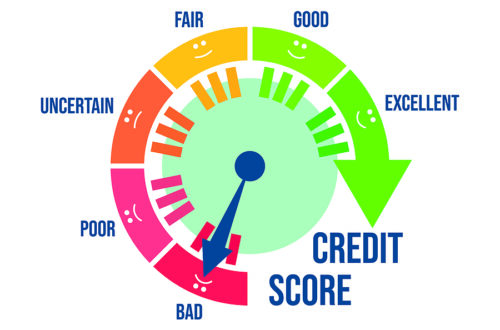Receiving student loan forgiveness can be difficult to accomplish, which is why so many loan forgiveness applicants are rejected. It is also why many student loan borrowers choose to take the route of income-driven repayment plans to pay off their debt over the course of 10 to 25 years before having the remainder forgiven. However, what many of these borrowers do not realize are the tax consequences that come along with these income-based payment programs.
Under Section 61(a)(12) of the Internal Revenue Code, gross income includes revenue from the discharge of debt amounting to $600 or more in any calendar year, which means any debt that is forgiven at the end of the repayment period is considered taxable income. Depending on how high the outstanding balance is on the borrower’s debt, this taxable amount could be significant.
For borrowers who are paying their loans back via an income-based repayment plan, it can be hard to estimate how much this tax burden will be. It can depend also on how much the borrower earns in that tax year, as well as his or her current tax rate at the time.
The Institute for College Access and Success (TICAS) estimates that someone who has $50,000 in student loan debt with an average-sized family will have to pay $13,050 in additional income taxes in the tax year their debt is forgiven. However, the amount of taxable income could be as much as $20,000 or more, on top of that person’s earned income. The IRS treats this amount of taxable income almost as if the individual received a windfall. The problem is the taxpayer does not normally have the funds to pay for the additional tax burden, which is what makes it such an unpleasant surprise.
Borrowers who are a part of the income-driven repayment plans also tend to have lower incomes with which to pay on their student loans, which is why they need their loan payments dispersed over 20 to 25 years in smaller amounts. The likelihood of them having additional income to pay a large tax penalty is small, putting them in an extremely difficult financial situation. In fact, many financial experts refer to this unexpected tax penalty as a “tax bomb,” given the devastation it can cause the borrower.
This potential tax penalty should not necessarily deter someone from pursuing an income-driven repayment plan, especially if the individual has limited income with which to pay back his or her loan. It can be hard to predict just how much the tax burden will be since there is no true way to predict what the borrower’s financial situation will be when the time comes, as well as what tax law will be at the time, as well.
Many states have taken steps to help alleviate this problem on the local level through legislation. California is one of these states that has created legislation to help alleviate the burden that the taxpayer may face due to loan forgiveness. Many anticipate the federal government will enact legislation to help with federal loans, as well.
Please click here to learn more.
For borrowers who are struggling with student loan debt, relief options are available. Many student loan borrowers are unaware that they have rights and repayment options available to them, such as postponement of loan payments, reduction of payments or even a complete discharge of the debt. There are ways to file for bankruptcy with student loan debt. It is important you contact an experienced Miami bankruptcy attorney who can advise you of all your options. As an experienced CPA as well as a proven bankruptcy lawyer, Timothy Kingcade knows how to help clients take full advantage of the bankruptcy laws to protect their assets and get successful results. Since 1996 Kingcade Garcia McMaken has been helping people from all walks of life build a better tomorrow. Our attorneys help thousands of people every year take advantage of their rights under bankruptcy protection to restart, rebuild and recover. The day you hire our firm, we will contact your creditors to stop the harassment. You can also find useful consumer information on the Kingcade Garcia McMaken website at www.miamibankruptcy.com.
Related Resource: Forbes.com


